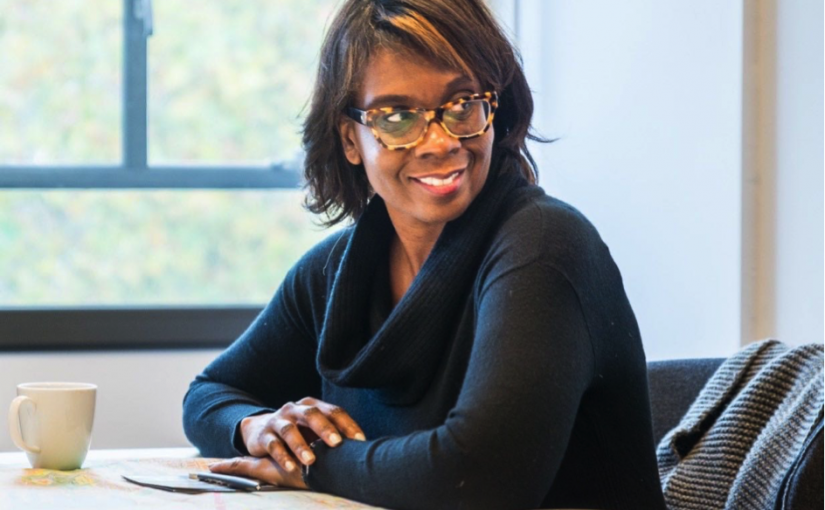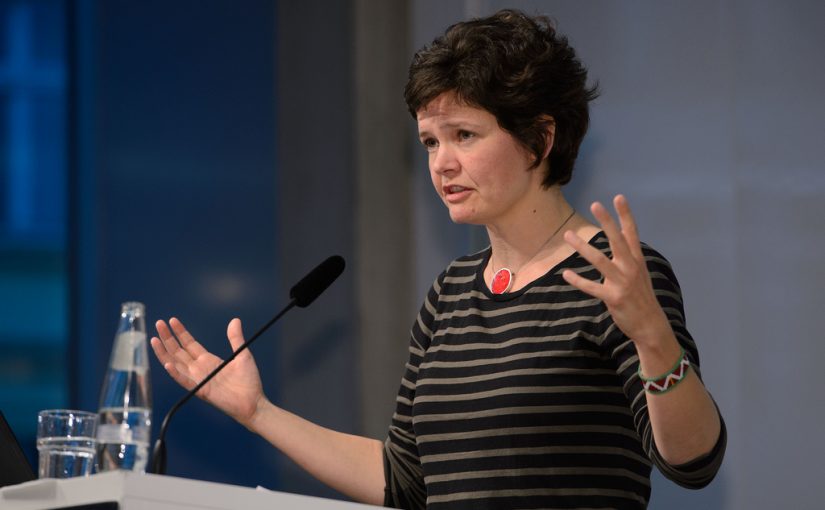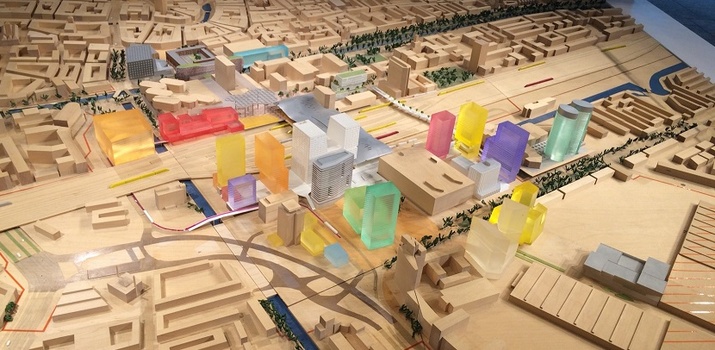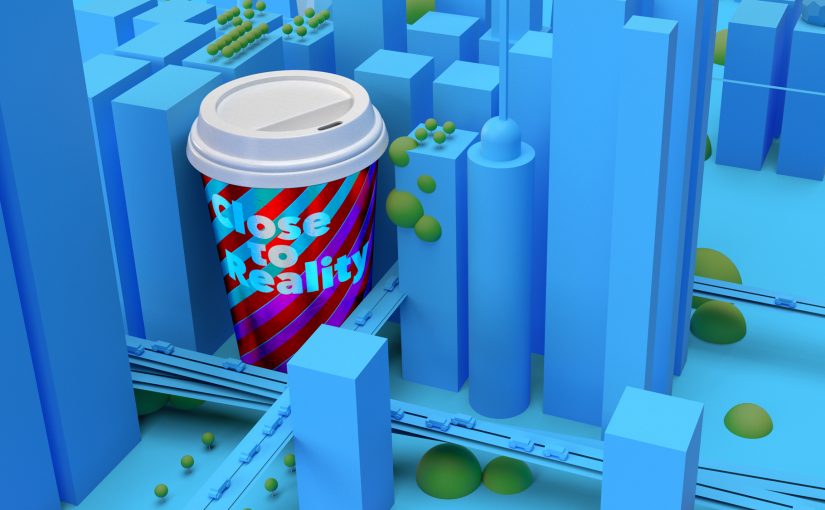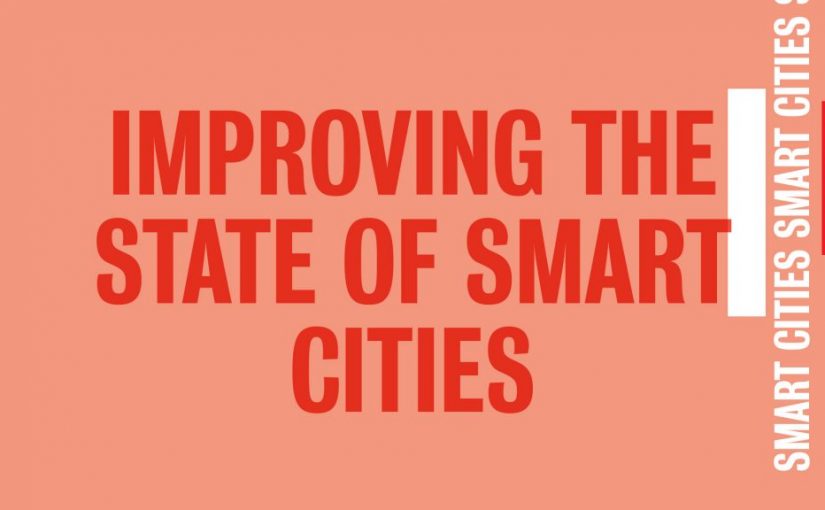Toni L. Griffin is a designer, planner, and researcher with years of experience in combining the practice of architecture, urban design and planning with the execution of innovative, large-scale, mixed-use urban redevelopment projects, and citywide and
She is the founder of the firm Urban Planning for the American City in New York, and through her practice, she served as project director for the Detroit Work Project Long Term Planning Initiative and released Detroit Future City, a comprehensive citywide framework for urban transformation.
Just City Lab explores the definition of ‘urban justice’ and ’the just city’. What is the impact of design and planning on the inclusiveness of cities and
neighbourhoods ?
Griffin started her career as an architect with Skidmore, Owings & Merrill in her hometown Chicago, where she was an associate partner involved in architecture and urban design projects in London and Chicago.
At the Harvard Graduate School of Design, Griffin leads the Just City Lab, which explores the definition of ‘urban justice’ and ‘the just city’, as well as the impact of design and planning on the resilience and inclusiveness of cities,
Griffin will speak on June 20 and June 21 about her experiences with planning and designing the ‘just city’.
